Here we are again. This time a beachside condo building near Miami has collapsed. Distraught families are praying for a miracle — praying that someone they love will be found alive. Others are only hoping for the recovery of a body so that they can say properly their goodbyes.
I write this five days after the tragic event. Much can change by the time you read this.
This tragedy feels familiar. Mass casualties in a seemingly random occurrence, like 9/11, mass shootings, or airplane crashes.
I remember writing a piece around September 11, 2002, a year after the terrorist attacks killed over 3,000 people. While I acknowledged that those deaths had huge implications for national security and our nation’s foreign policy, I disagreed with those who believed there to be some special meaning to the individual deaths. Those 3,000+ deaths were not unlike other random, sudden deaths I had seen countless times in my years in the ministry.
I admit, when things like this happen, I look for reasons why I am exempt from such randomness. I don’t own a condo on the beach in Miami. I don’t fly on airplanes in Africa. I don’t go to gay night clubs in Orlando. No wonder I am still living, and those unfortunate souls are not.
This doesn’t happen here
Even the mayor of the town where the condo high-rise is located sought refuge in the “this-doesn’t-happen-here” mentality.
“‘It would be like a lightning strike happening,’ said Charles W. Burkett, the mayor of Surfside, Fla., where the collapse occurred. ‘It’s not at all a common occurrence to have a building fall down in America,’ he said. ‘There was something very, very wrong with this situation.’” (New York Times, June 27)
Mr. Mayor, it does happen here. It DID happen here. And in your town, on your watch. (By the way, on average, 26 people die in the U.S. of lightning strikes each year.)
No trite platitudes for these stunned families

If I were called on to offer pastoral care for these worried families, I would try to meet them, and be with them, where they are in the process. If they were still praying for that most unlikely miracle that someone they love is alive — I can pray with them for that. If they had moved to mourning without a recovered body — I can be with them, too.
What I would NOT do is try to offer “solace” with such platitudes like, “God never gives you more than you can handle,” or “With God, there are no accidents,” or the absolute WORST, “Everything happens for a reason.”
So, once again, we all stand vigil. Indeed, most of us truly empathize with these poor families. We will watch with interest how they get through these coming days. Most will move into a normal, sad grieving process. An added pressure on these families, that most of us will never experience, is that many of them will mourn on national television. God help them.

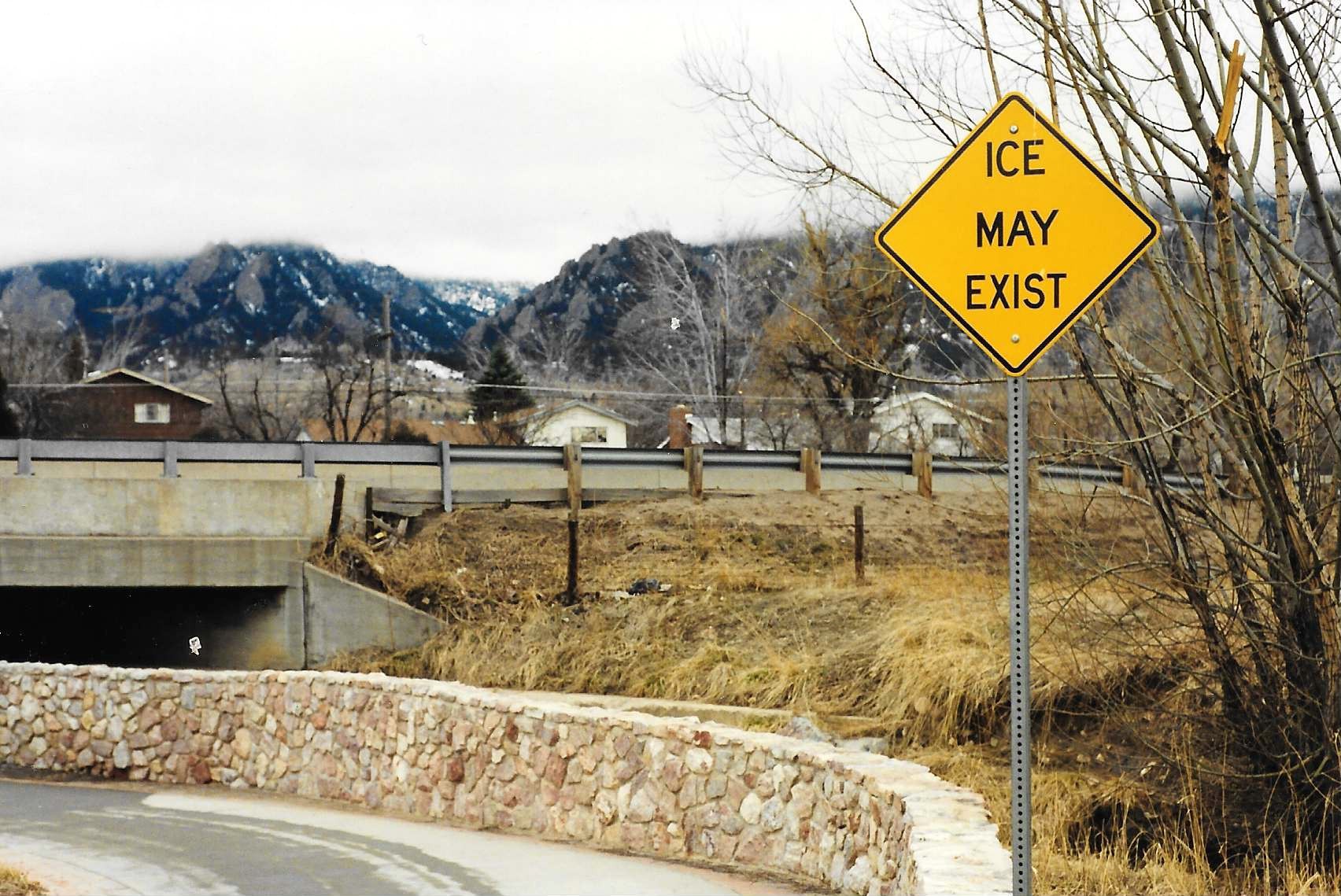 Not to worry! This progressive, free-thinking university city put up a sign to warn me: “ICE MAY EXIST,” it read. I thought, “This is SO Boulder!”
Not to worry! This progressive, free-thinking university city put up a sign to warn me: “ICE MAY EXIST,” it read. I thought, “This is SO Boulder!”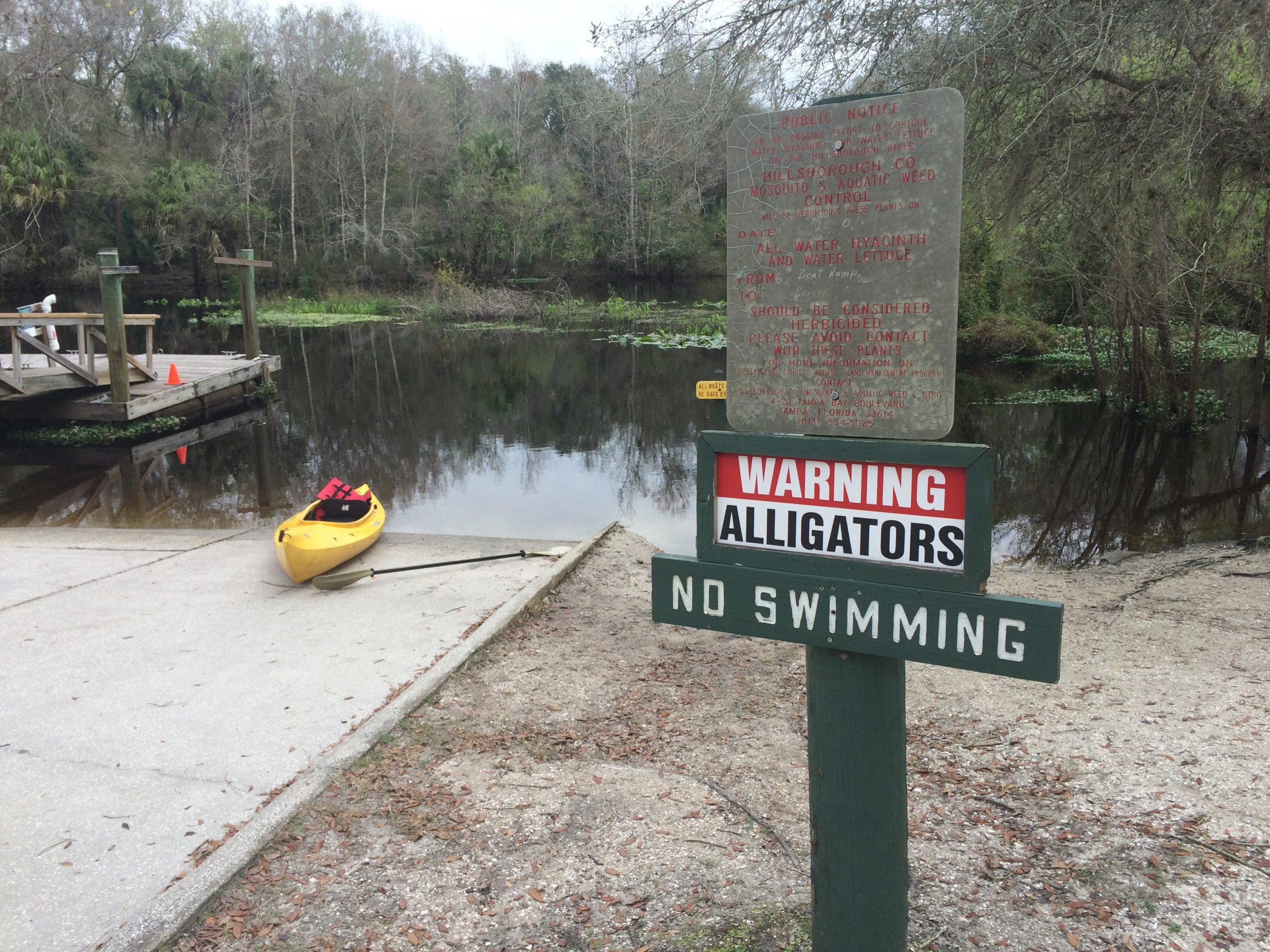
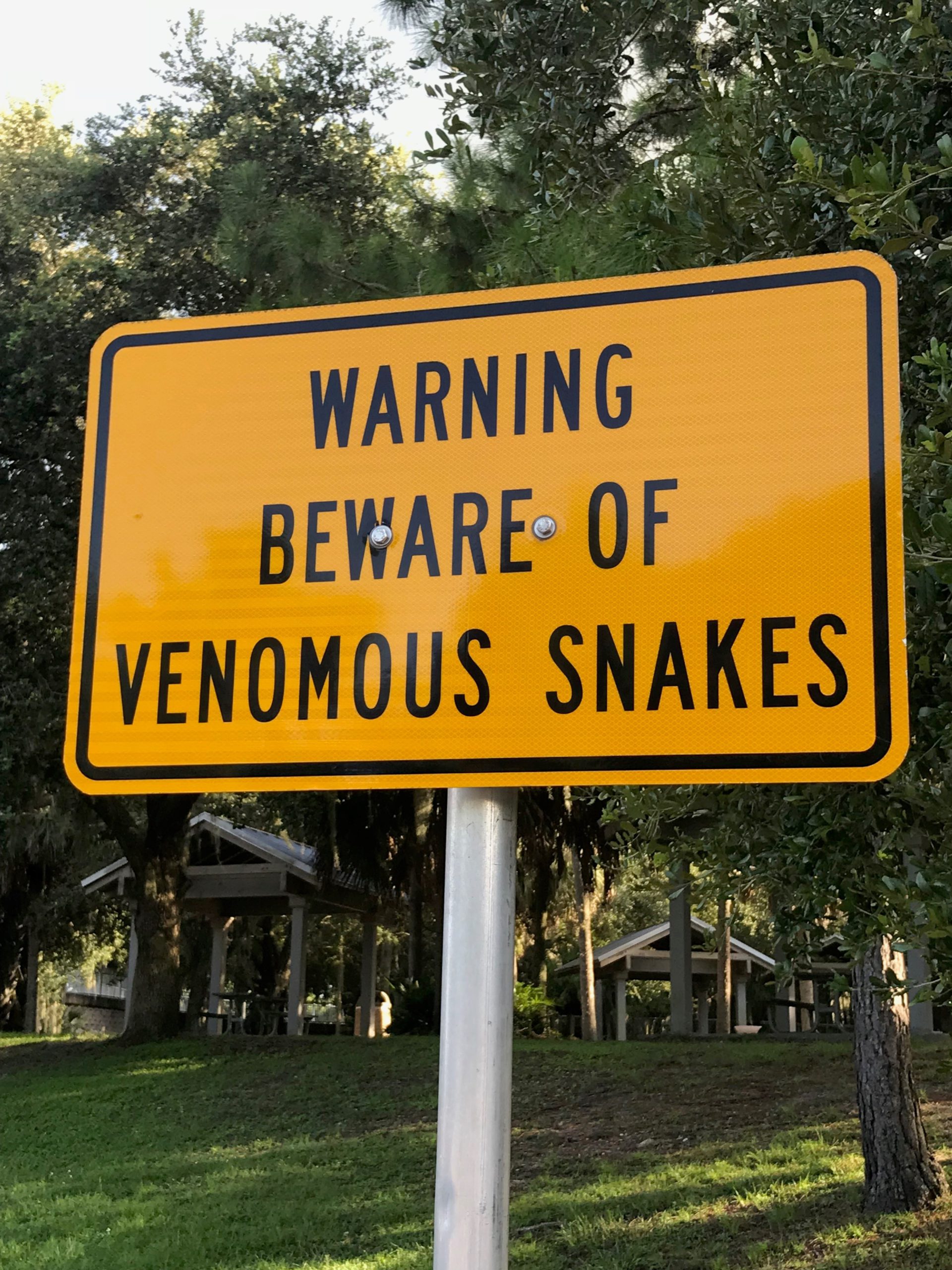
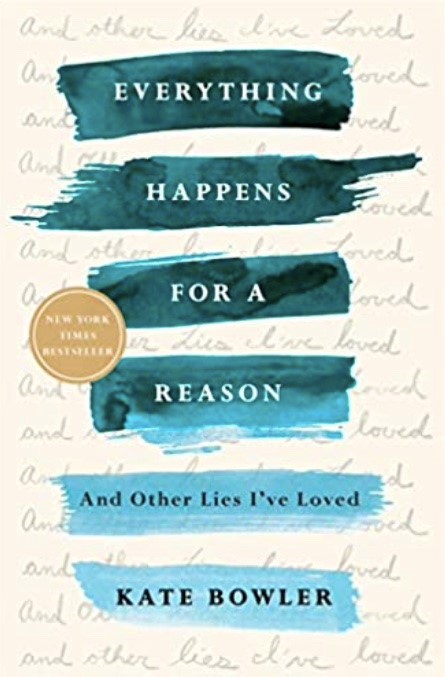 Contrast this with best-selling author Kate Bowler and her book
Contrast this with best-selling author Kate Bowler and her book 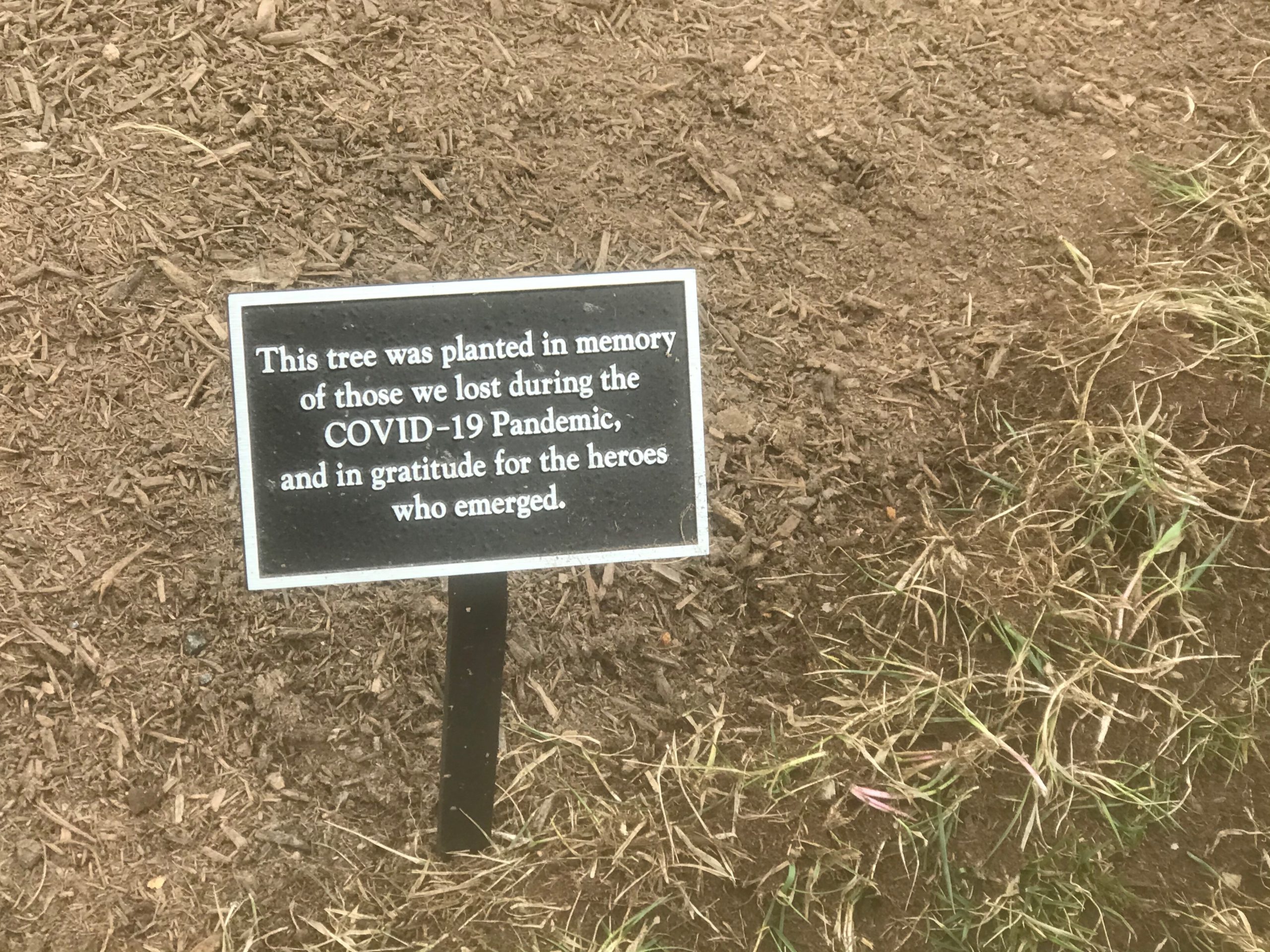


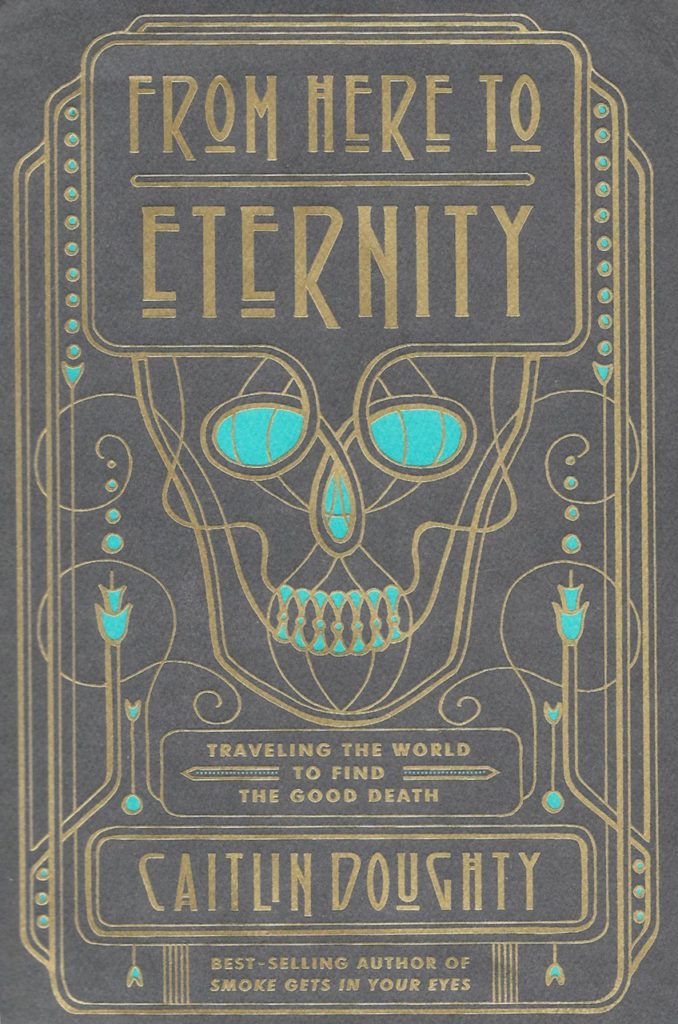 From Here to Eternity: Traveling the World to Find the Good Death
From Here to Eternity: Traveling the World to Find the Good Death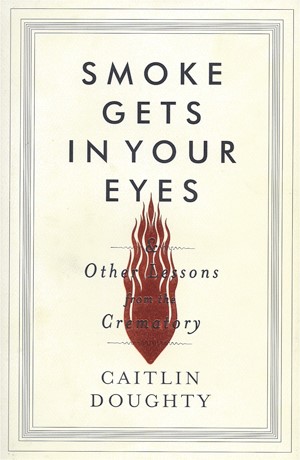 Smoke Gets in Your Eyes and Other Lessons from the Crematory is a memoir of a young mortician, Caitlin Doughty. Oh goodness, where do I start.
Smoke Gets in Your Eyes and Other Lessons from the Crematory is a memoir of a young mortician, Caitlin Doughty. Oh goodness, where do I start.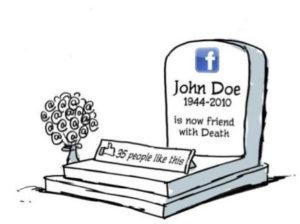 “My God, is there anything creepier than a post announcing someone lost a loved one and seeing ‘136 people like this’ underneath?” Ms. [Rebecca] Soffer said [in the article].
“My God, is there anything creepier than a post announcing someone lost a loved one and seeing ‘136 people like this’ underneath?” Ms. [Rebecca] Soffer said [in the article].